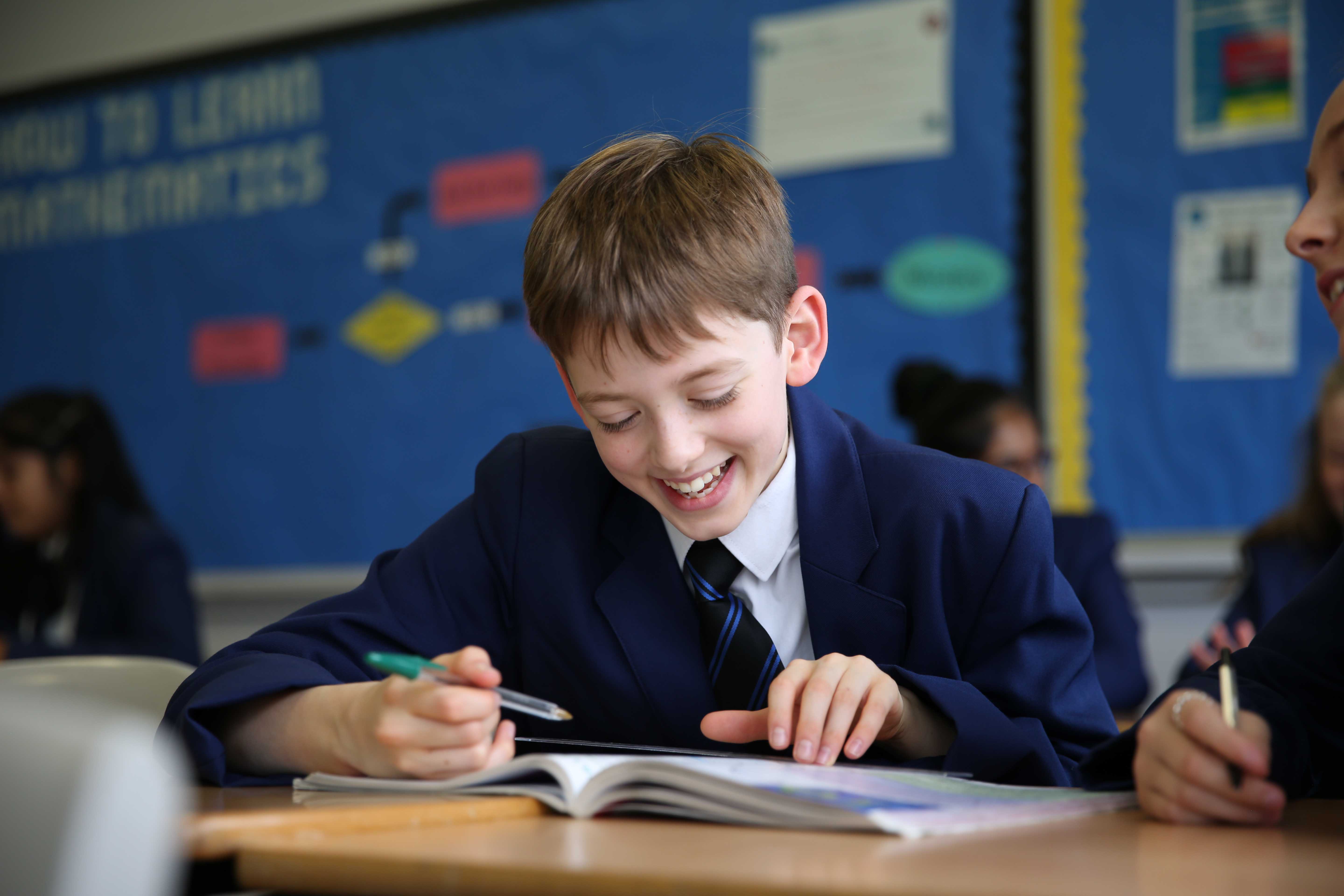
Religious Education
Studying Religious Education at KS4
1 hour per week.
During KS4 we aim to make our learners aware that Britain has a diverse range of religious and non-religious traditions and beliefs. Students are encouraged to engage and reflect with their own beliefs and those which differ with deep respect. They are expected to make rigorous comparisons between beliefs to facilitate a greater tolerance for beliefs which differ from their own. Students will also make historical and cultural connections between religious viewpoints and their origins which show how these beliefs are interconnected. Learners are provided the opportunity to analyse the validity of viewpoints and how persuasive they find them. They are asked to justify their viewpoints on ethical dilemmas showing that they have considered a variety of religious and non-religious viewpoints. This is done across both years 10 and 11 by investigating topics such as community cohesion, family, crime and punishment, religion and science and peace and conflict.
Career pathways in Religious Education
Because it is a rigorous and demanding academic subject, Religious Education engineers critical thinking and rigour in our students. Our curriculum creates opportunities for our young people to develop their skills of dialogue, interpretation and analysis in a coherent context. All these are vital skills in a modern workforce where communication, cooperation and collaboration are core skills. An education in Religious Education opens doors to students. It may offer the opportunity to specialise in a specific field of religious studies such as political science, philosophy and the law which lead to a wide range of industries such as business, government, medicine, non-profit, counselling, careers within the law and lecturing.



